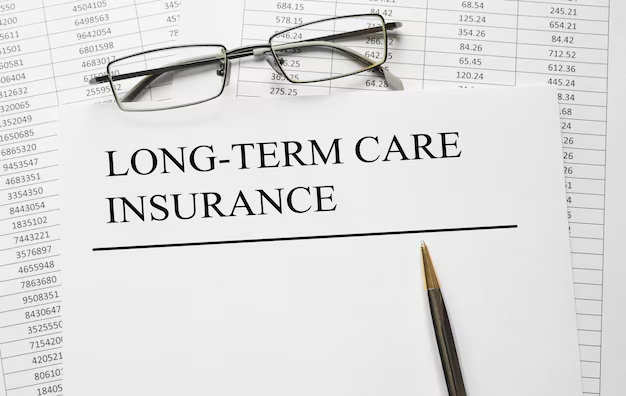Your Guide to a Medicare Patient Received Treatment That Isn't Covered By Medicare
What You Get:
Free Guide
Free, helpful information about Medicare FAQ and related a Medicare Patient Received Treatment That Isn't Covered By Medicare topics.
Helpful Information
Get clear and easy-to-understand details about a Medicare Patient Received Treatment That Isn't Covered By Medicare topics and resources.
Personalized Offers
Answer a few optional questions to receive offers or information related to Medicare FAQ. The survey is optional and not required to access your free guide.
When Medicare Leaves You with Out-of-Pocket Medical Bills: Steps to Take
Navigating the healthcare system can be daunting, especially when you discover that Medicare didn't cover your medical treatment. Receiving such news might make you anxious about financial burdens, but take a deep breath—there are options and resources available to help manage these costs effectively.
Understanding Why Medicare Didn't Cover Your Treatment
First, it's essential to understand why Medicare denied coverage for the treatment. Common reasons include:
- The treatment not meeting Medicare's medical necessity criteria.
- The procedure was from a non-Medicare accredited provider.
- The service was experimental or not yet approved under Medicare guidelines.
Once you identify the reason, appealing the decision should be your next step. Knowing your rights and the process involved can significantly change the outcome in your favor.
Appealing a Medicare Decision
If you believe the denied service should be covered, consider filing an appeal. Here's how:
- Review your Medicare Summary Notice (MSN): This contains all the details about the decision and reasons for denial.
- Gather supporting documents: Obtain letters from your healthcare provider explaining why the treatment is necessary.
- Follow the appeal instructions: Found at the back of the MSN, these guidelines will help you submit a request properly.
Exploring Financial Assistance Programs
You're not alone in this journey—several financial assistance programs can support you in covering unexpected medical expenses. Here are a few options:
- Medicaid: If you're eligible, Medicaid can cover some services that Medicare doesn't.
- Medicare Savings Programs: These can help pay premiums, deductibles, co-insurances, and copayments under certain conditions.
- Supplemental Security Income (SSI): Ideal for individuals with limited income and resources.
Other Financial Relief Options
If government assistance isn't applicable or sufficient, consider these additional avenues:
Debt Relief Solutions
- Talk to your healthcare provider: Many providers offer payment plans or financial aid programs.
- Medical debt consolidation: This can help manage and streamline your bills into a single payment.
- Medical credit cards: Designed specifically for healthcare expenses, these can offer low-interest rates or promotional offers.
Educational Grants
For those seeking further education to improve job prospects and handle financial burdens:
- Pell Grants: These are need-based grants for low-income undergraduate students.
- Scholarships: Many organizations offer scholarships specifically for students pursuing education related to healthcare or financial management careers.
Incorporating these resources can not only reduce the immediate financial stress but also provide long-term solutions to stabilize your financial future. Taking proactive steps and leveraging available resources can significantly mitigate the impact of unexpected medical expenses.
🌟 Additional Resources to Consider:
- Medicaid
- Medicare Savings Programs
- Supplemental Security Income (SSI)
- Healthcare Provider Payment Plans
- Medical Debt Consolidation
- Medical Credit Cards
- Pell Grants
- Scholarships
Remember, understanding and adopting these resources is crucial in turning a frustrating denial into a manageable situation. Don't hesitate to explore these options, as they represent the path to financial stability amidst healthcare uncertainties.

Discover More
- a Medical Provider That Accepts Medicare Assignment Must
- a Medical Provider That Accepts Medicare Assignment Must Quizlet
- a Medicare Patient Receives Treatment That Isn't Covered By Medicare
- a Medicare Supplement Basic Benefit Is Quizlet
- a Medicare Supplement Companies
- a Medicare Supplement Policy Is Quizlet
- a Medicare Supplement Policy Must Not Contain Benefits Which
- a Patient Received Treatment In August Medicare
